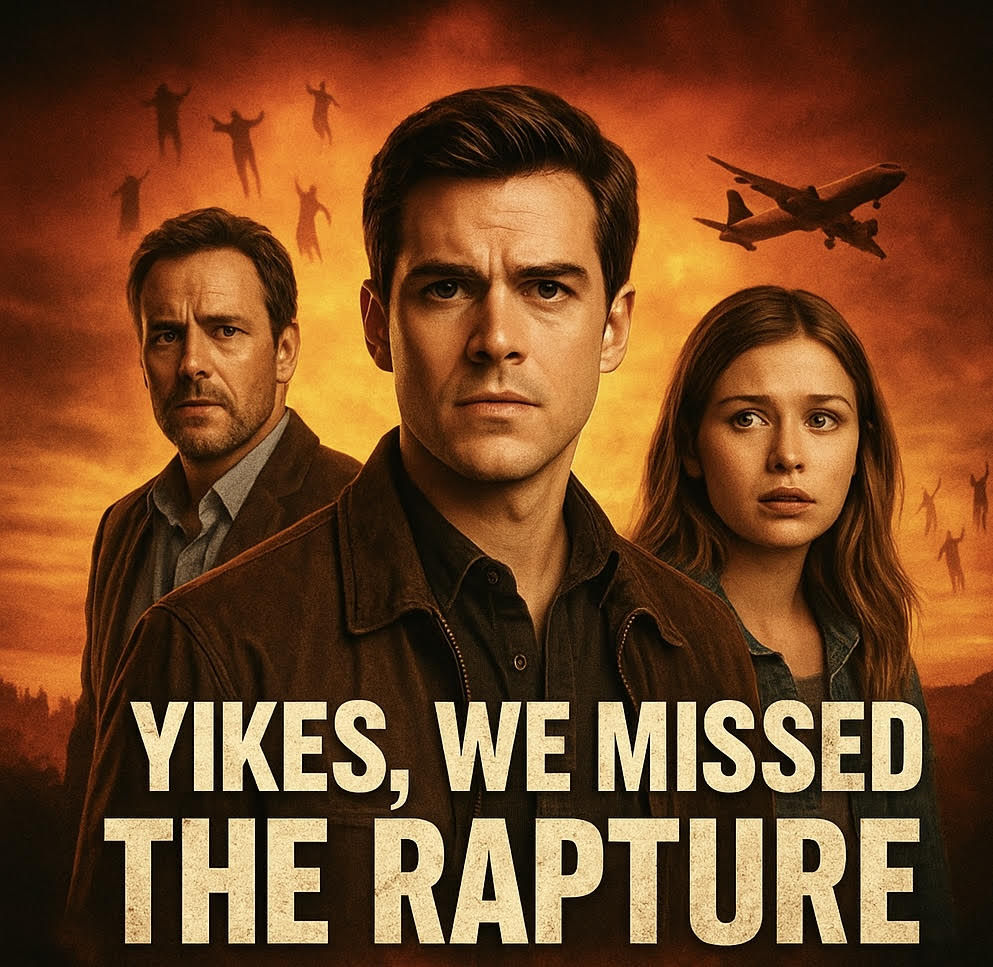
Jamie: Okay, so first there’s the rapture. Then the seven-year tribulation. Then the beast. Then the millennium. Then the judgment. Then… what happens if I miss my flight?
Moderator: Or… we could take a step back and ask: What did the early Church expect?
| Tradition | End Times Emphasis |
|---|---|
| Evangelical | Literal rapture, tribulation, Antichrist, millennial reign of Christ on earth |
| Catholic | Christ will return to judge the living and the dead; we await the resurrection |
| Orthodox | Christ will return in glory; the “last day” is mystery, not roadmap |
| Jamie | “So… no Antichrist with laser eyes?” |
Jamie: Wait, the rapture isn’t in the Bible?
Moderator: Not as an escape plan. The rapture idea started in the early 1800s with John Nelson Darby.
Jamie: Darby? Sounds like someone who sells end-times insurance.
Moderator: He was part of the Plymouth Brethren. His teachings spread through prophecy conferences and were later popularized by the Scofield Reference Bible.
Jamie: So this whole seven-year chart… it’s not ancient?
Moderator: It’s barely older than the telegraph.
Jamie: So the early Church wasn’t checking Revelation like a weather forecast?
Moderator: They were looking for Christ, not clues.
Jamie: But I grew up watching people disappear in Christian movies!
Moderator: Yes. In the 1970s, films like A Thief in the Night turned the rapture into cinematic suspense. And in the 1990s and early 2000s, the Left Behind series brought it to a new generation with books and movies—complete with Kirk Cameron and Nicolas Cage.
Jamie: So... Hollywood helped shape our theology?
Moderator: More than many want to admit.
Next time on The TheoLounge: “The Great Atonement”